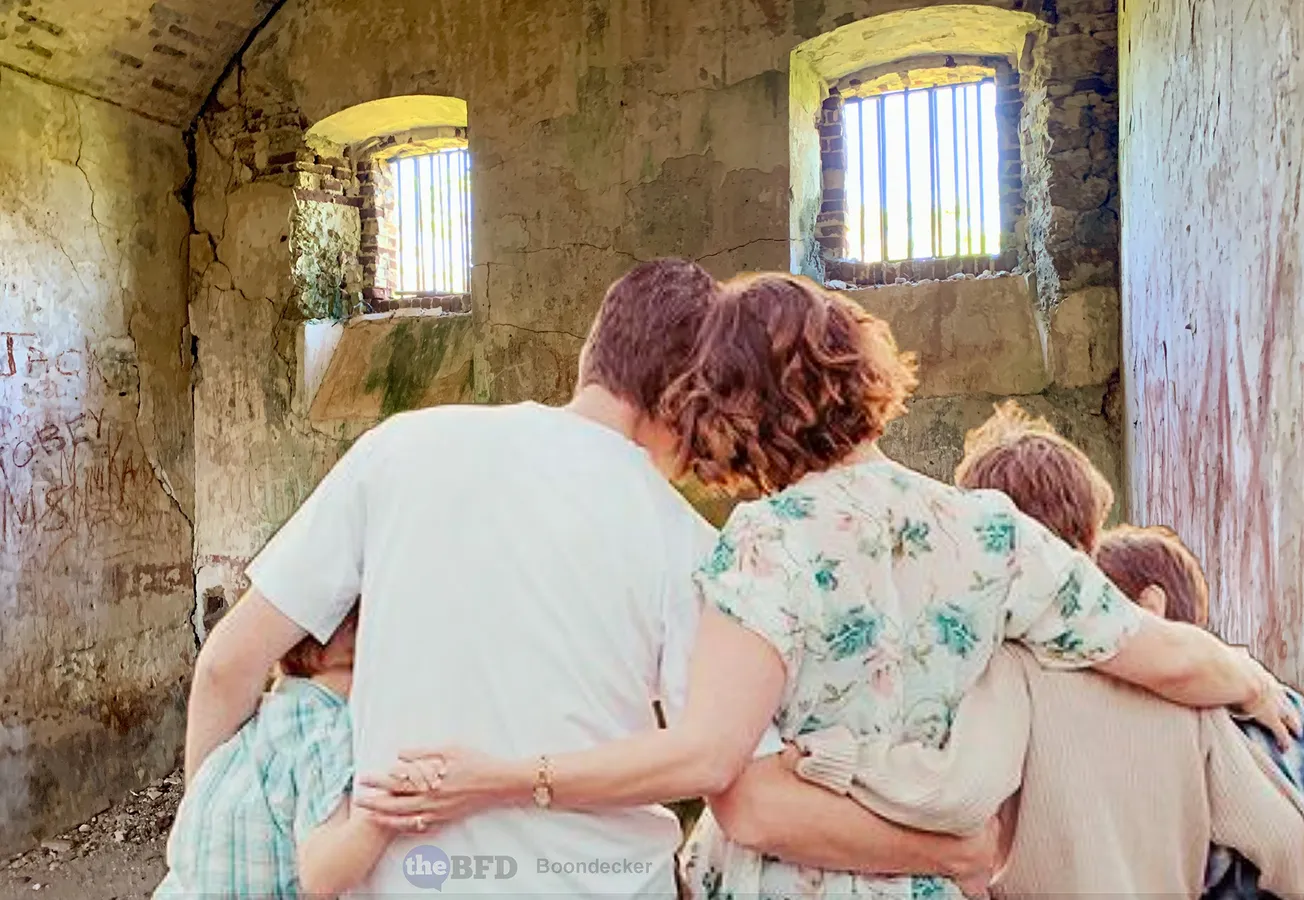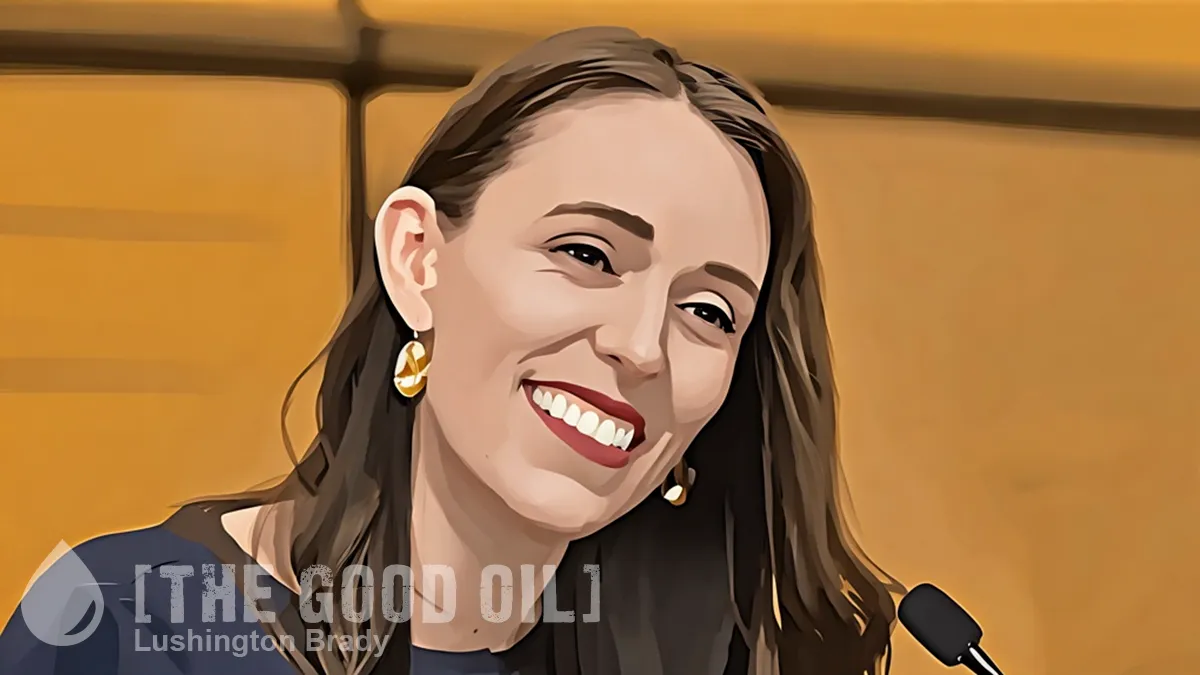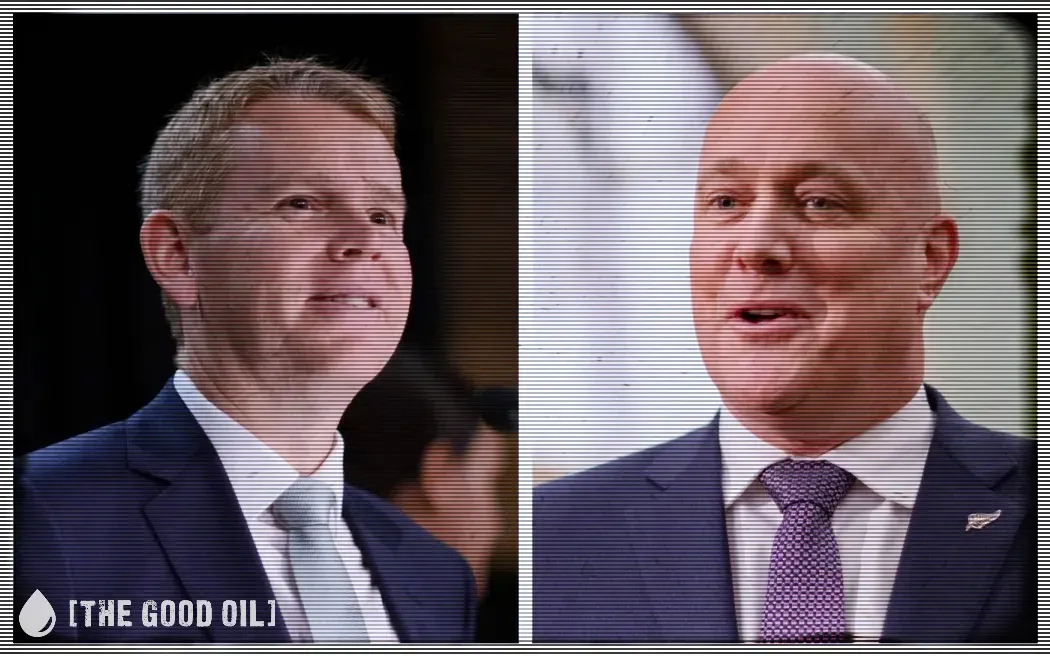Daniel Bernardus
Augusto Silberstein
mercatornet.com
Daniel Bernardus writes from the Netherlands. He teaches biology at Amsterdam University College and is the director of Leidenhoven College, a collegiate hall of residence. He blogs at danielbernardus.com. (Daniel Bernardus is the pen name of Daniel Bernardus van Schalkwijk.)
Augusto Silberstein is enthusiastically celebrating the 700th anniversary of the passing of Dante Alighieri because Augusto exists thanks to the Italian language founded by Dante. His grandfather –a Jew born in Vienna — was able to escape the Nazis because he pretended to be Italian. Thanks to this spectacular escape, his grandfather was able to restart life in Brazil where Augusto was born. He studied Public Administration and worked several years as a business consultant for the automotive industry.
One year ago, WHO declared that Covid-19 was a pandemic. Since then, much has been experienced, written, and done. There have been tales of personal loss, loneliness and grief and much social unrest. But there have also been tales of people reinventing themselves in beautiful ways.
The past year has been unprecedented. Trains, planes and cars stopped. Cities that never sleep became ghost towns. Photos of Pope Francis blessing an empty urbi and a virtual orbi symbolised the desolation that people felt around the world. Everyone experienced some type of forced confinement.
Freeing up Our Imagination
On the other hand, being forced to spend several weeks within four walls sets the imagination free. Four walls remind us of famous prisoners and their testimony of profound freedom. Let’s have a look at two examples, one fictional, the other real.
From fiction, who can forget the 1994 film The Shawshank Redemption? It’s the story of Andy Dufresne, a man jailed for a crime he did not commit and his harsh treatment in prison. His jailers try to undermine his dignity. They fail.
From the real world, there is the witness of François Xavier Nguyen Van Thuan, the Archbishop of Saigon when it fell to the Communists. He spent 13 years in prison (nine in solitary) but that did not keep him from exercising his freedom and growing in humanity.
Genuine Freedom
During the pandemic our freedom of choice has been restricted. Travel has been minimized, entertainment options reduced, gatherings restricted, visiting made almost impossible. The spectrum of our choices has been narrowed. Freedom of choice has to do with what can be measured, with output, with external action, with doing stuff. But is freedom no more than that?
Back to The Shawshank Redemption. Andy personifies the conviction that human dignity is a good in itself, a good worth affirming independent of circumstances. Even when it seems that no choices are possible, his freedom consists precisely in not allowing his personal dignity to be undermined. A man of character in the toughest situations will exercise his freedom by affirming what is good, simply because it is good.
In one memorable scene Andy is sent to solitary because he broadcast a heavenly Mozart aria over the prison PA system, helping fellow prisoners remember their inner freedom. Even in solitary confinement he “listens” to the aria and it keeps him from giving up. This kind of freedom expresses “what I am”, more than “what I do”; it is an expression of my humanity.
A Free Person
There is an even deeper meaning to freedom. This stems from a person´s innermost being, from the person´s heart. It reveals who I am. This freedom is not about doing stuff; it is not just about being human; it is relational. To whom do I freely want to relate? Whom am I for? To whom do I direct my love? To whom do I dedicate myself?
Cardinal Thuan exemplified this kind of freedom. Prison did not keep him from cultivating an intimate relationship with God – to whom he had consecrated his life – and this made him capable of caring for others. His authenticity convinced even the hardest-hearted prison guards.
Thus, there are three levels of freedom. One might be tempted to think that exercising the third and deepest level of freedom is something for giants of humanity, but not for everyone.
But another real world example shows that ordinary people can also be heroes of freedom.
Learning How to Be Free
Bosco Gutierrez is a renowned Mexican architect, a practicing Catholic, who was kidnapped and held for ransom. Confined to a tiny room, stripped of his clothes, submitted to psychological torture that placed him on the verge of depression, weakened physically, and questioning the existence of God, Bosco was reduced to a rag of a man.
On Christmas Day the kidnappers granted him a gift. He could choose whatever drink he wanted. He asked for whiskey on the rocks. Before taking his first sip, as he savoured the coming pleasure, Bosco heard an interior voice asking him to offer the whiskey. After a moment of hesitation, he poured out the entire glass.
The gesture triggered in him a complete transformation that reached the heart. By freely choosing not to satisfy a superficial pleasure, he stopped being a caged animal. And the question “who am I?” came to the fore.
Independently of how the kidnap would end, Bosco chose to live as a devoted husband and father. Should he die, his family would learn that out of his love for them he had done everything he could to survive. Should he escape, he would be physically and mentally ready. The days ceased to be a torture. He set up a schedule with physical, mental and spiritual exercises. Eventually he managed to escape.
Freedom in Quarantine
Has our freedom been put in quarantine during the pandemic? Or have we learned how to become more free?
Those interested in a philosophical understanding of the three types of freedom discussed here might enjoy reading Freedom in Quarantine. After a clear historical and philosophical introduction Daniel Bernardus prepares the reader for the first English translation of the Spanish philosopher Leonardo Polo´s essay, “Lo radical y la libertad”. It is a fascinating read for quarantine times and is especially useful for teachers who want to reflect about freedom with students finishing high or starting university.
Let’s hope the pandemic ends soon, and that we’re all prepared for freedom when it happens.
Please share this article so that others can discover The BFD.









